8 Items to Boost Your Child's Confidence This School Year
Want to send your little one to school with a little extra love? We've got you covered.
The start of a school year is a great time to reaffirm our children. As they navigate new social situations, self-questioning can arise, making confidence a must. To thrive academically and emotionally, children need to not only believe in their capabilities but understand what those capabilities are.
My 7-year-old was nervous about entering a new school year due to challenges he had faced the previous year. He struggled with friendship specifically. I wished I could feed him cheesy movie lines that would be an instant boost. I was prompted to speak to his strength. I reminded him of his kindness and gave specific instances of it. I let him know how everyone longs for connection and that he’s not the only one seeking community. I had to trust that my words held weight regardless of my own anxieties.
It’s instinctive to want to shield our children from failure, upset and even self-doubt, but having the space to process insecurity or self-doubt is how children learn. Through this process they learn that fear is not final, and failure is not fatal. Learning to self-assess is the catalyst for determination and resilience, which will serve them well as adults. By journeying through their own strengths and weaknesses, children will develop healthy self-confidence.
With grace and empathy we can help our children enter this school year with a sense of belonging. Below, I listed six items that can boost their confidence. Keep scrolling to check them out.
Have a great school year!
Handwritten notes

Writing to my children is one of my favorite ways to bond transparently. Connecting with children enhances your relationship with them but it also gives them something to hold on to. It gives them the power in believing they are worthy of care and partnership. They are also a reminder of the love that awaits them at home.
Affirmation Cards
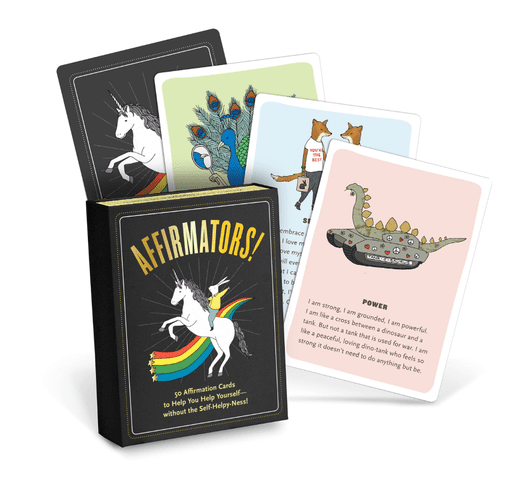
Amazon: https://www.amazon.com/Affirmators-Affirmation-Cards-Help-Yourself/dp/1601067119
Affirmations cards are cards with positive declarations children can read and say aloud. This practice can be done as a daily mindfulness tool or a tool to respond to difficult feelings and or experiences. It may be beneficial to encourage children to say them as often as possible. According to Psychology Today, the more we repeat positive thoughts, the easier it is to recall them later.
Favorite lotion
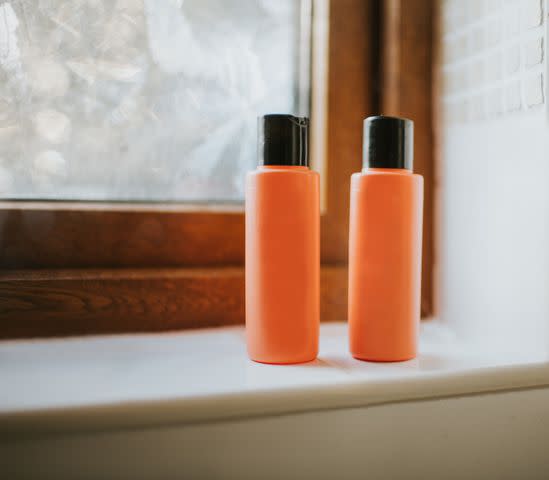
Catherine Falls Commercial
“Confidence is shorthand for feeling safe.”
I heard this saying in passing and thought it was a truth that I could relate to. During my childhood, only certain scents would calm my fears and anxieties. According to a 2020 article by the Harvard Gazette, scent and our memory are linked because of the anatomy of the brain. Whatever scents that help regulate your child, consider letting them pack a small bottle to smell in between class changes.
Pack a family photo or photo of a cultural celebration.

kate_sept2004
A boost of confidence can come in the form of a child seeing and recalling how loved they are. Being reminded of culture, family and heritage has a way of nudging our confidence in our own identity. This is also a beautiful display of the literal village rooting our children on.
Planner
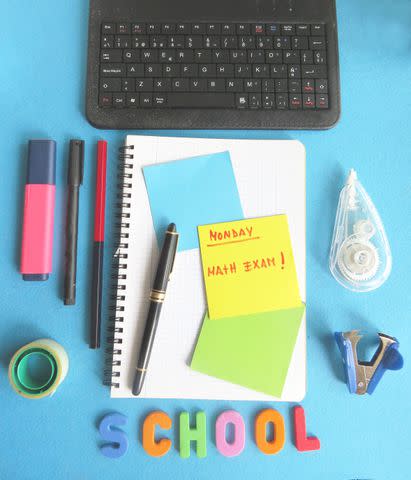
Japatino
Visual cues are an efficient way to help a child stay on task and prepared. This may provide structure to the school day which may give children a sense of relief due to preparation. Having a system reduces the weight of uncertainty.
Be sure to make the planner straight forward and easy flowing. We don’t want to trigger anxiety with rigidity and inflexibility.
Conversation prompt cards
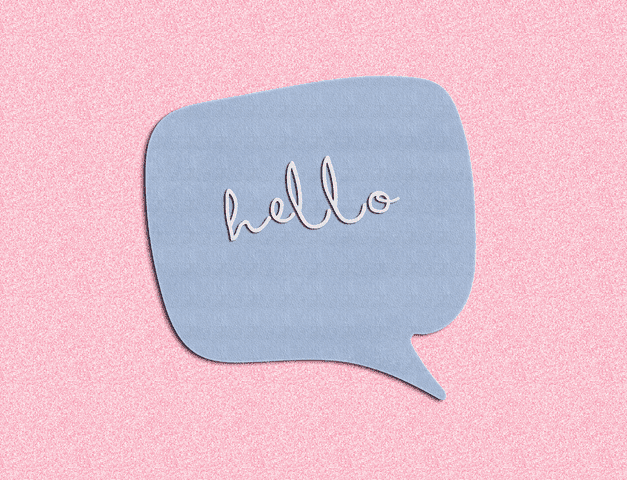
Carol Yepes
A comfort book
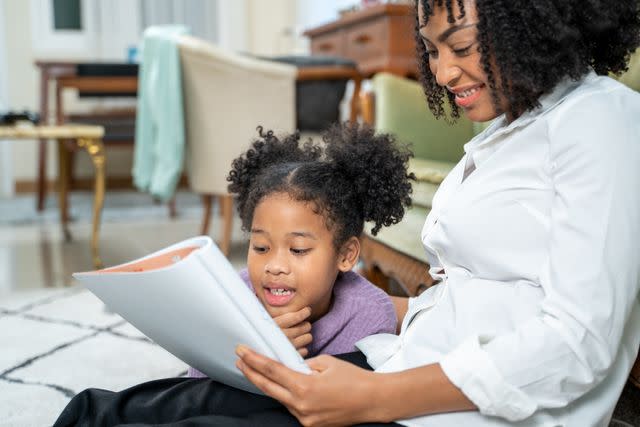
Visoot Uthairam
Having time to carve out leisure reading can be a task for many school-aged children but reading is an efficient way to rebalance. It’s important to know your child’s “book language”. Which books speak to them? How do they feel after reading those books? Learning this can not only comfort them but you’ll be a hero in your child’s personal story.
Clothes that make them feel comfortable

Rachasuk
This is especially important for neurodivergent kids. My son with ADHD changes his clothes multiple times a morning. Because clothes have different textures, styles and colors, it’s one of the easiest ways for kids to show their mood and tap into self-expression. The sensory seekers will sometimes mismatch seasonal clothes for the difference in feelings.
If they wear uniforms, let them express their style and mood via accessories, hair and shoes. It’s a great idea to gift them with an inexpensive accessory, pin, or costume jewelry. I gifted my son with a pair of $10 sunglasses before the school year started based on the contingency of him not wearing them in class. He wore them after school—he said they made him “drippy.”
For more Parents news, make sure to sign up for our newsletter!
Read the original article on Parents.

